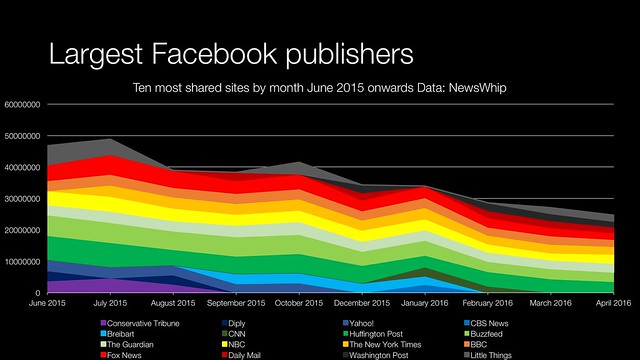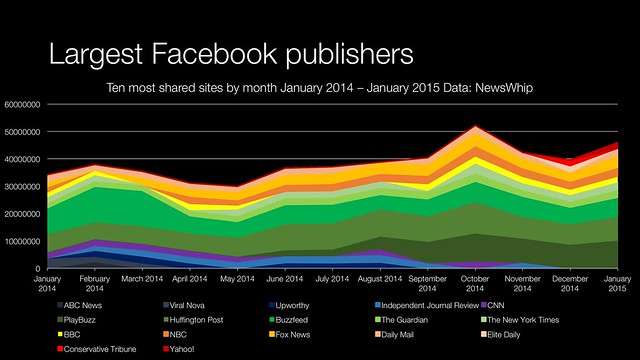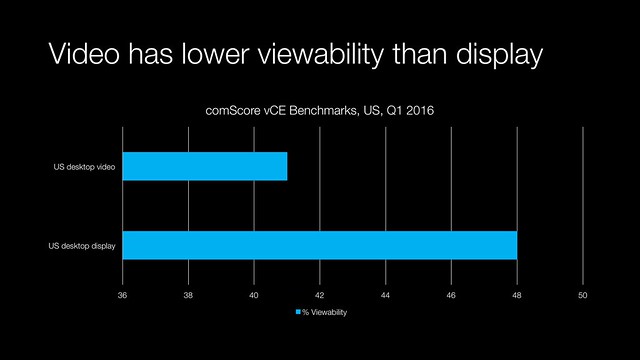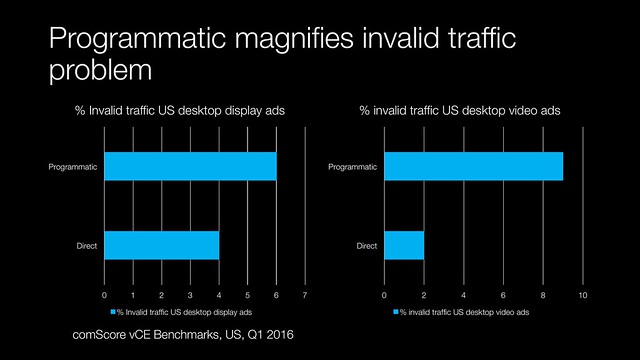Fox
Fox ‘Stole’ a Game Clip, Used It In Family Guy and DMCA’d the Original – Slashdot – either its automated software (likely YouTube’s automated scanning) or exceptionally shady business practices – both of which are plausible scenarios when it comes to Fox. Either way Fox won’t care
Business
In China, Uber faces battle to usurp Didi | FT – not surprising. Both companies have large investors behind them. Uber also has ‘non tariff’ barriers against it since it isn’t Chinese. More on Didi here.
Nest Failure: How things went south once Google became Alphabet | BGR – interesting how the move to a holding group structure meant a big change in management culture. First Boston Dynamics, now Nest. Googlers I know are also complaining about the change in culture. They feel that they are disempowered in comparison to pre-Alphabet
Design
The Co-op returns to its clover-leaf logo from 1968 | Creative Review
Economics
What’s holding back China’s consumption growth? | South China Morning Post – Consumer sentiment has plunged in recent months, as the consumer sentiment index hit a 28-month low of 100 in March, versus 104.4 in February. Retail sales also increased more slowly than expected in April at 10.1 per cent, versus 10.5 per cent in March. – Government planned slower growth in manufacturing is trickling down to consumer behaviour. Chinese savings are pretty stable due to a poor social safety net. Until China gets a better welfare state you’re going to see China’s consumption growth be low.
FMCG
Chinese brands best performers in China: consumer goods survey | China Daily – interesting how Chinese brands have managed to ford the trust gap
Lynx: can it convince consumers it’s about more than getting laid? | Campaign (UK) – nice summary and analysis of the Lynx/Axe advertising campaigns over the past few years (paywall)
We know acne, we don’t know teens. – YouTube – nice bit of honest marketing by Clearasil
US brands dominate through disruption | Kantar Worldwide – latest US BrandZ results
In China, global brands are losing advantage | Kantar – higher confidence levels in product and their country mean that global brands have work harder
Ideas
Uber has pinpointed the moment you‘re most likely to pay for surge pricing — Quartz – feels really invasive but insightful
Media
★ App Store Subscription Uncertainty – From Lauren Goode’s interview with Phil Schiller for The Verge, specifically regarding the new 85/15 revenue split after the first year of a subscription. I wonder how this would work for Netflix et al?
News UK unveils new in-house agency powered by WPP and The & Partnership | Campaign Live – next move from single client agency to ‘in-house’ agency a la Unilever’s U Studio?
ComScore Says People Prefer Ads in Podcasts Over Any Other Digital Medium | Adweek – surely these findings are positive for radio and streaming audio as well?
Apple Music Enlists Designers to Curate Playlists, Starting With Alexander Wang | Racked – why isn’t this being sold as a branding opportunity?
WTF are ‘dark posts’? | Digiday – surely this is a variant of online PR?
ANA report alleges widespread ad agency kickback schemes – Business Insider – and this is a surprise because? Programmatic offers even bigger opportunities for fun and profit
Online
Why Britain banned mobile apps | GovInsider – cost centric rather than user centric?
Report: People Are Spending Much Less Time On Social Media | Slashdot – not too sure how much store I put in Similarweb’s data
Security
Exclusive: Snowden Tried to Tell NSA About Surveillance Concerns, Documents Reveal | VICE News – there is something quite reassuring about the clod handed nature of the response to this
Style
Adidas Relies On Stars Not Soccer Teams To Sell Product | Business of Fashion – I would argue that would be the same for most boot brands, shirt deals are often not that profitable
Technology
Shipments of Chromebooks integrated with Google Play set to increase | DigiTimes – not great for Windows 10 consumer sales (paywall)
Web of no web
Olympic athletes will sport Visa’s new payment ring in Rio | Engadget – no radical leap forward in NFC
Project Soli – Wave hello to Soli touchless interactions Soli is a new sensing technology that uses miniature radar to detect touchless gesture interactions.
A former employee says Google’s smart contact lens is ‘slideware’ that exists only in PowerPoint presentations (GOOG, GOOGL) – not terribly surprising, power is the number one issue facing the device
Wireless
The answer to the question you’ve all been asking | Nokia – Nokia’s official announcement



